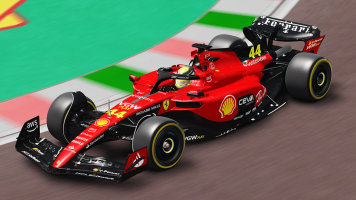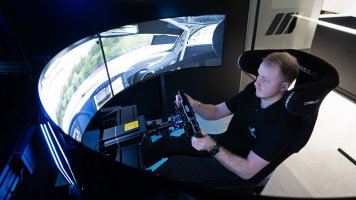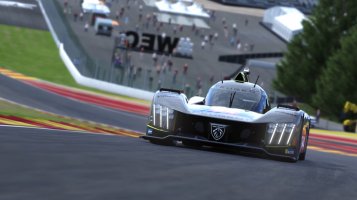I have a peculiar issue. My machine will happily chug along all day flawlessly if I give it about 30 minutes to warm up before launching a sim. If I try to fire up something a little too quickly after power up, I can pretty much guarantee I will be greeted with a BSOD shortly after the VR headset kicks in.
Looking at the MEMORY.DMP, I see the following:
I have taken the memory out and reseated them back in, but it's still the same. Also ran the Memory Diagnostic several times and it passed each one flawlessly.
I'm assuming this is thermal and there is probably a problem with my motherboard, but I used my old trick of blowing cold air on parts to try and identify the location and haven't been able to trigger it.
I would prefer not to randomly buy new parts in the hope it fixes it and actually identify the faulty component. Anyone have any bright ideas?
Looking at the MEMORY.DMP, I see the following:
Code:
MEMORY_MANAGEMENT (1a)
# Any other values for parameter 1 must be individually examined.
Arguments:
Arg1: 0000000000041792, A corrupt PTE has been detected. Parameter 2 contains the address of
the PTE. Parameters 3/4 contain the low/high parts of the PTE.
Arg2: fffff5813332d010
Arg3: 0000000003000000
Arg4: 0000000000000000I have taken the memory out and reseated them back in, but it's still the same. Also ran the Memory Diagnostic several times and it passed each one flawlessly.
I'm assuming this is thermal and there is probably a problem with my motherboard, but I used my old trick of blowing cold air on parts to try and identify the location and haven't been able to trigger it.
I would prefer not to randomly buy new parts in the hope it fixes it and actually identify the faulty component. Anyone have any bright ideas?










